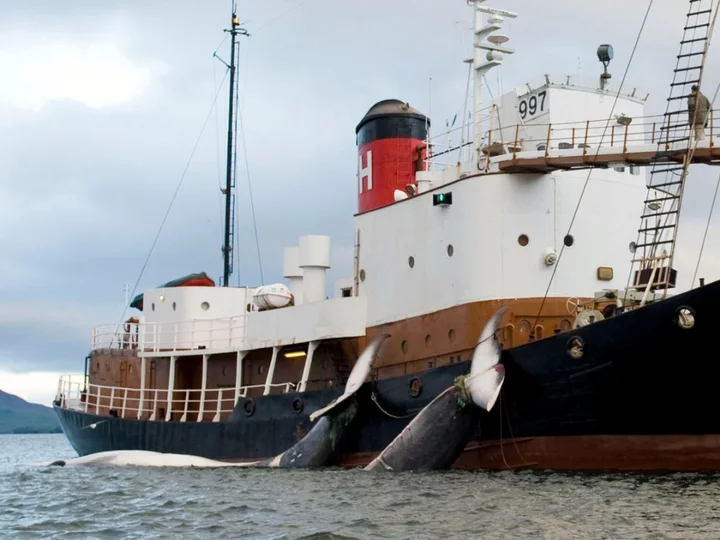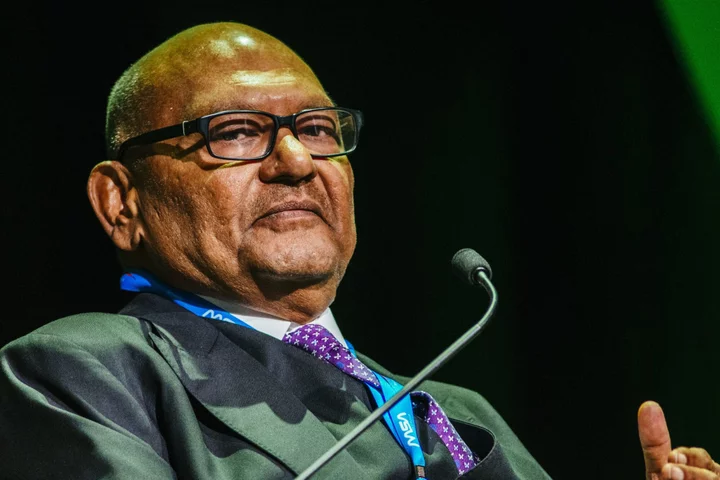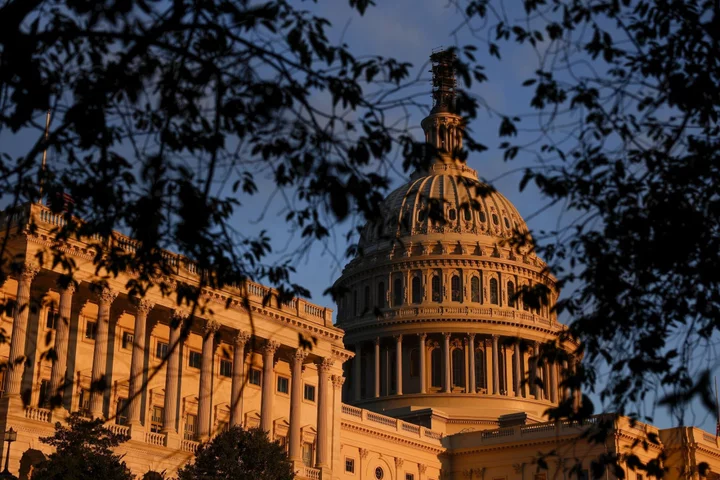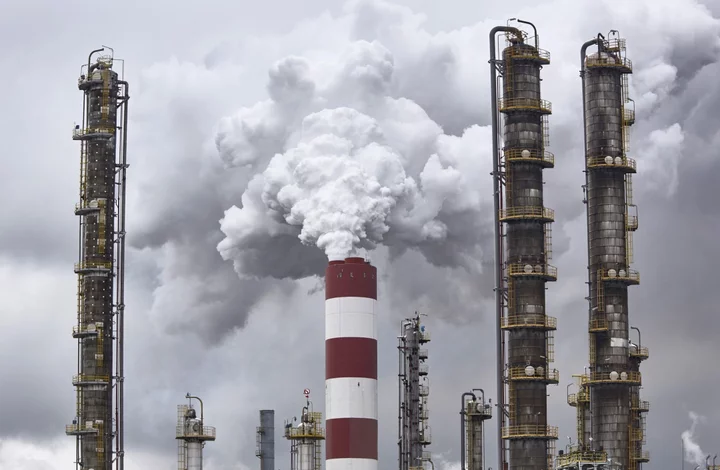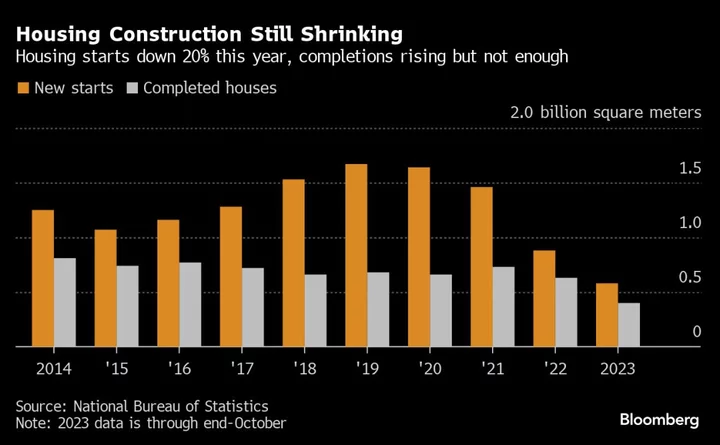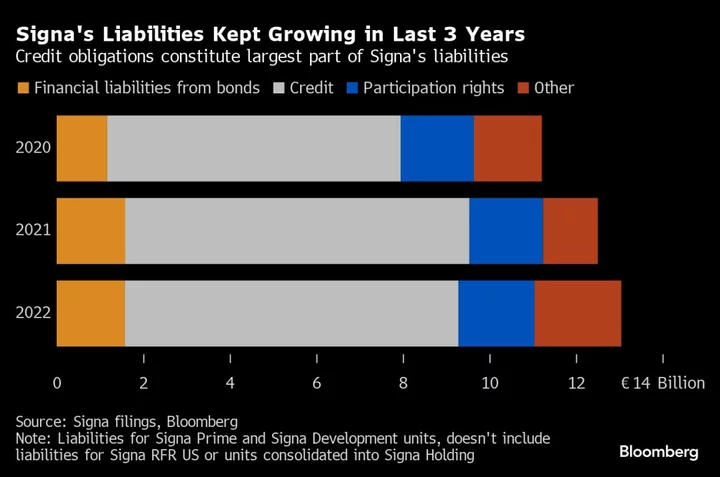Whale hunting is set to return in Iceland despite hopes the temporary ban would remain.
Iceland‘s minister of food, agriculture and fisheries, Svandís Svavarsdóttir, announced on Thursday that this summer’s temporary ban on whaling would be lifted in a move international marine conservation organisation OceanCare has described as ‘disappointing’,
A suspension on whaling was put in place by the Icelandic government in June, set to expire in August 2023, due to animal welfare concerns. It came after monitoring by Iceland’s Food and Veterinary Authority on the fin whale hunt found that the killing of the animals took too long based on the main objectives of the Animal Welfare Act.
An investigation found that around 40% of hunted whales did not die instantly, with an average time to death of 11.5 minutes. Iceland’s Food and Veterinary Authority found that two whales had to be shot four times. One of the whales took almost an hour to die, while the other took almost two hours.
In anticipation of the ban being lifted, two Icelandic whaling vessels left port yesterday to resume whale hunting, OceanCare said.
The organisation said they are “gravely disappointed” that the ban has been lifted, and claimed the decision could mean that there will now “be a race to kill as many whales as possible in the remaining weeks of reasonable hunting weather” before whale hunting season ends in mid-September.
“It is deplorable that this cruel practice has been allowed to resume,” said Nicolas Entrup, OceanCare’s director of International Relations.
“We are bitterly disappointed by the decision which entirely goes against the clear facts that are available to the government and people of Iceland. We can almost be certain that the Icelandic whalers will not meet the imposed requirements.
“This cruel, unnecessary and outdated practice needs to stop,” he said.
Meanwhile, animal protection charity Humane Society International called Svavarsdóttir’s decision “devastating” and “inexplicable”.
Ruud Tombrock, HSI’s executive director for Europe, said: “It is inexplicable that minister Svavarsdóttir has dismissed the unequivocal scientific evidence that she herself commissioned, demonstrating the brutality and cruelty of commercial whale killing.
“There is simply no way to make harpooning whales at sea anything other than cruel and bloody, and no amount of modifications will change that. Whales already face myriad threats in the oceans from pollution, climate change, entanglement in fish nets and ship strikes, and fin whale victims of Iceland’s whaling fleet are considered globally vulnerable to extinction.
“With the need for whale protection so critical. this is a devastating rejection of a once-in-a-generation opportunity to end the slaughter at sea.
“There is a new shameful entry in the conservation history books―Iceland had a chance to do the right thing and it chose not to.”
Iceland’s whaling season runs from mid-June to mid-September. Annual quotas authorise the killing of 209 fin whales, but none were killed between 2019-2021 due to a dwindling market for whale meat.
Some 148 fin whales were killed in 2022 during whaling season.
Iceland, Norway and Japan are the only countries in the world that have continued whale hunting in the face of fierce criticism from environmentalists and animal rights’ defenders.
OceanCare said the lifting of the ban calls into question the announced phase-out of whaling over the next few years.
A decision about Iceland’s self-allocated whaling quota for the next several years is expected towards the end of this year.
In 2009, several countries including the UK, the US, Germany, France, Portugal and Spain condemned Iceland’s whaling policy.
Japan, which is the biggest market for whale meat, resumed commercial whaling in 2019 after a three-decade hiatus.
Read MoreIceland suspends annual whale hunt due to ‘animal welfare concerns’ – and may never bring it back
Humpback whale spotted off Cornwall coast in rare sighting
Humpback whale found on beach died after entanglement in creel lines, tests show
Italy's Meloni visits Naples suburb where 2 girls were allegedly raped by youths, pledges crackdown
Putin’s forces pushed back by Ukraine counteroffensive after ‘largest’ drone strike
Zelensky makes long-range weapon claim after strike deep inside Russia

